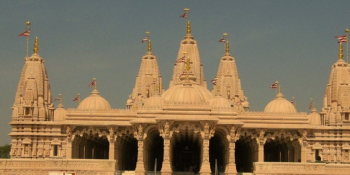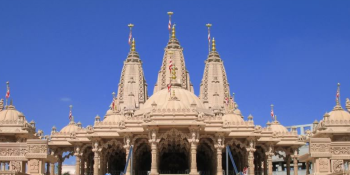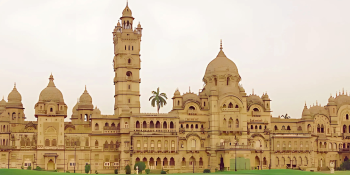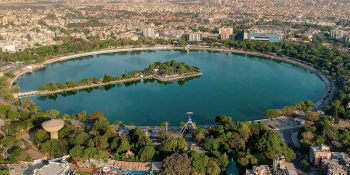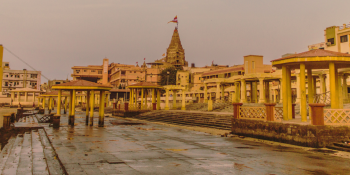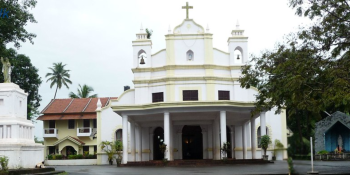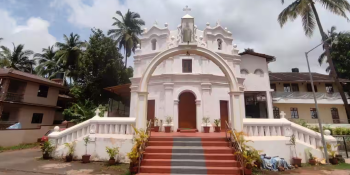The Golden Temple, nestled in the heart of Amritsar, serves as a beacon of spiritual solace and tranquility for millions of devotees worldwide. Its majestic presence, serene waters, and divine ambiance make it a sanctuary for those seeking inner peace and enlightenment. A spiritual retreat at the Golden Temple is a transformative journey that nourishes the soul and revitalizes the spirit.
Upon entering the temple complex, visitors are enveloped in an aura of serenity and reverence. The sight of the resplendent golden edifice, shimmering in the sunlight, evokes a sense of awe and humility. As one approaches the Harmandir Sahib, the central shrine of the Golden Temple, the rhythmic recitation of Gurbani, the sacred verses from the Guru Granth Sahib, fills the air, creating a meditative atmosphere.
The daily rituals at the Golden Temple offer a glimpse into the rich tapestry of Sikh spirituality. The day begins before dawn with the melodious strains of Asa di Var, the morning hymns sung in praise of the divine. Devotees gather in the divan hall to participate in the ritual of Prakash, the ceremonious opening of the Guru Granth Sahib, followed by the stirring rendition of the Asa di Var by the temple’s raagis (musicians). As the sun rises, the Guru Granth Sahib is carried in a grand procession from the Akal Takht, the seat of temporal authority in Sikhism, to the Harmandir Sahib, amidst the chanting of hymns and the beating of drums.
The langar, or community kitchen, embodies the spirit of egalitarianism and service ingrained in Sikh philosophy. Regardless of caste, creed, or status, all visitors are welcomed with open arms to partake in a simple meal served with love and humility. Sitting together in rows on the marble floor, sharing food cooked by volunteers, fosters a sense of unity and brotherhood among all who partake in this sacred communal meal.
The act of seva, or selfless service, lies at the heart of Sikhism and is an integral part of the spiritual experience at the Golden Temple. Devotees can engage in various forms of seva, such as cleaning the temple premises, serving food in the langar, or assisting pilgrims with their needs. Through acts of seva, one learns the value of humility, compassion, and selflessness, transcending the ego and forging a deeper connection with the divine.
Meditating on the tranquil waters of the Amrit Sarovar, the sacred pool surrounding the Golden Temple, is a soul-stirring experience that rejuvenates the mind and body. The gentle ripples of the water, illuminated by the golden glow of the temple, symbolize the eternal flow of divine grace and the interconnectedness of all life. Sitting in silent contemplation by the sarovar, one can immerse oneself in the divine presence and experience a profound sense of peace and oneness with the universe.
As the day draws to a close, the atmosphere at the Golden Temple becomes even more enchanting, as the temple complex is illuminated with thousands of lights, casting a magical glow over the surroundings. The evening ceremony of Sukhmani Sahib, the recitation of the timeless hymn of peace, brings a sense of tranquility and serenity to the devotees gathered in the divan hall.
A spiritual retreat at the Golden Temple is not merely a journey of outer pilgrimage but a sacred odyssey of the soul. It is an opportunity to transcend the mundane and connect with the divine essence within oneself and all creation. In the hallowed precincts of the Golden Temple, amidst the chants of the sacred hymns and the fervent prayers of the devotees, one finds solace, inspiration, and spiritual renewal.

